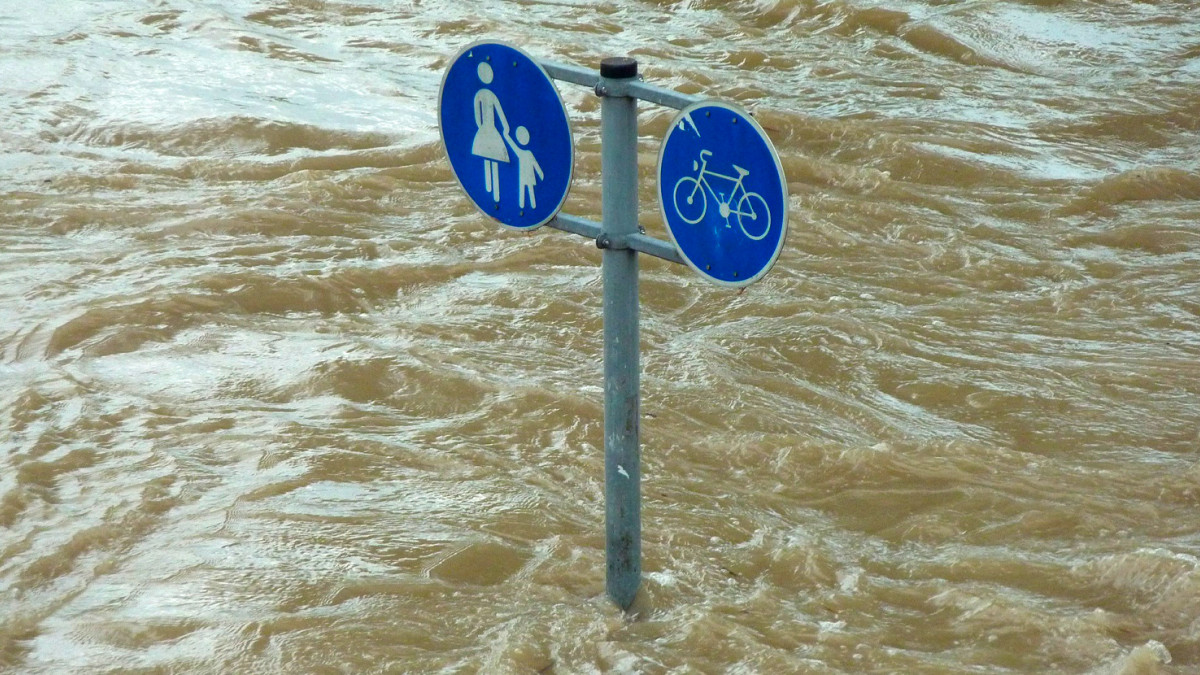Climate change hits the world’s finances
Juan E. Notaro
Executive President of FONPLATA – Development Bank
Due to its own nature, the climate affects our life in every respect. Likewise, climate change and its consequences are changing habits, landscapes, and attitudes in the whole planet.
The finance world, especially finance for development, is in line with this reality. The projects we fund are increasingly associated to concrete needs of adaptation to climate change and its mitigation.
Such has been the impact of climate change in our activities that almost all development banks are driven by these new considerations when negotiating loans or developing new finance products.
Bonds, funds, special clauses, and several other products are already in place, especially designed for individuals, companies, and countries to be prepared for a world in which climate events tend to be more intense and frequent.
The idea that climate change had to be considered in every respect of the financial sector has been moving forward amid this outlook. That is, it should be included in all our activities.
Therefore, six years ago, when the Paris Agreement was signed, more than 20 world financial institutions created the Climate Action in Financial Institutions Initiative.
This initiative focuses on developing a network of collaborative work to share knowledge and expertise among Supporting Institutions and with the broader business and financial community, to disseminate best practices and lessons learned, and to collaborate in areas of common interest.
Already more than 50 Supporting Institutions have joined the Initiative and endorsed the five voluntary principles: commitment to climate strategies, management of climate risks, promotion of climate smart objectives, improvement of climate performance, and accountability for climate action.
The commitment to climate strategies must start at the senior management levels and must be set forth in specific strategies and policies with clear and measurable objective cross cutting all activities in the institution.
Climate risks’ management involves a comprehensive revision of the loan portfolio, the approved ones, and the ones to be approved, as well as joint work with customers to find ways to face climate impacts and build resilience and sustainability.
The promotion of climate smart objectives must involve all business parties in the development of specialized products, such as green bonds, shared risk, or combined funding.
Besides, it is important to have the right indicators to monitor the way climate-change related activities are prioritized to comply with the climate performance improvement principle and to keep track of the institution’s carbon footprint.
Open and transparent information is key for an accountability that mirrors the funding of clean energy and adaptation to climate change initiatives, as well as other activities contributing to the objectives of climate action.
Due to this history and this commitment, a few weeks ago we have formally joined the Climate Action in Financial Institutions Initiative and endorsed the five above-mentioned principles.
In the face of the challenges that the COVID-19 health and economic crisis pose to the whole world and the already very visible and real consequences of climate change, the only answer is to act jointly.
Initiatives like COVAX, to deliver vaccines to less developed countries, this alliance of financial institutions for climate action, and others, like the worldwide commitment of development banks to act jointly, are encouraging signs.
Amidst one of the greatest global economic crises and on the brink of a global climate catastrophe, if we do not act soon and efficiently, the response must be joint, robust, and global.
Beyond political systems and ideologies, the destiny of humanity is shared by the whole humankind. I am sure that our joint work will bring a destiny of hope and progress.
Text originally published in the monthly column of Juan E. Notaro in the Huffington Post.
03/29/2021

